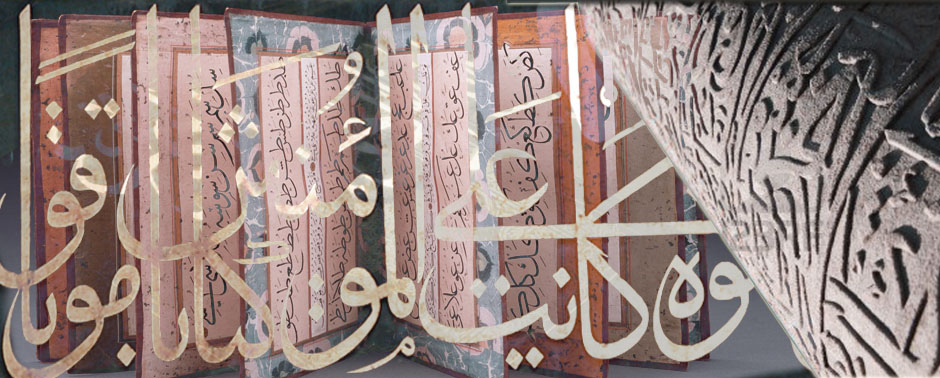Ottoman Tafsir Tradition
Ottoman empire was an Islamic empire that reigned between 13th and 19th centuries. For two centuries, between 14th and 16th they were the super-power of the world.
Ottoman empire had a great impact in many disciplines of Islamic studies, both in the formal scholarly fashion, in other words, madrasa studies and also in the informal way, tasawwuf ilms.
Before proceeding further, we have expound the adjectives formal and informal. Formal education was accomplished at madrasas, they were reminiscent of today’s world’s universities. However, the spiritual realm of those eras was very rich and Ottoman cultural daily life was prolific in sources due to people’s fondness and curiosity towards Islamic Sufism, tasawwuf. Ottoman authorities were careful enough not to ostracize tasawwuf out of their governmental and administrative system and since ordinary folks demanded such wisdom and spirituality in their daily lives, the tasawwuf life style and “sufi studies” assisted and complemented formal madrasa education in many ways.
Turkish cultural life endured many unfortunate erosions in the 20th century in the name of westernization, modernization and secularism. Because of the paradigm shift and disoriented mental tendencies, Ottoman legacy was mostly lost and if not being tried to be buried underground as a whole.
It is immature to think Ottoman culture didn’t have anything to contribute to the myriad layers of history of tafsir tradition. Probably because Ottoman’s were the super-power for two centuries and hold the caliphate, western colonial powers surged orientalism studies and such approaches did their best to exclude anything related to Ottoman culture to the whole Islamic ummah. It is mostly a political decision of the 20th century’s post-colonial climate to erase every possible Ottoman legacy not only from “modern Turkey” but also from the collective sub-conscious of the entire Islam ummah.
Turkish scholar Mustafa Öztürk has released a book last year, titled “Ottoman Tafsir Legacy” in Turkish language. In that book he mentions many academic studies regarding Ottoman scholars contributions to tafsir studies but most of these contributions remain unheard outside academic circles.
Here is a list of some prominent Ottoman “people of ilm”, who had written Quran tafsir and have made in impact to the “Ottoman Tafsir Legacy”:
Qutbuddin Izniki(of Nicaea) (?-1418)
Haci Pasha (? – 1424)
Shabuddin es-Siwasi (? – 1456)
Musannifeq (1400 – 1470)
Molla Guranee (?-1488)
Nemaatullah Nahchwani (? – 1514
AbuSuud Efendy (? – 1574)
Munshee (? – 1592)
Ismael Haqqe Bursawe (1653 – 1725)
Ashrafzade Izzaddeen Efendy (1672 – 1740)
We hope to explore these names and their works further, since almost all of these names’ works have never been translated into English. We believe modern western readers who are researching about Islam should be informed about the existence of such scholars since they belong to an empire that lasted for more than 600 years and ruled and moulded with Islamic wisdom.
(Baris Tarimcioglu/islamoformation.com)









You must be logged in to post a comment Login